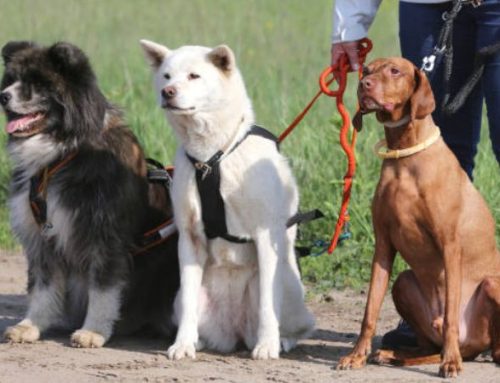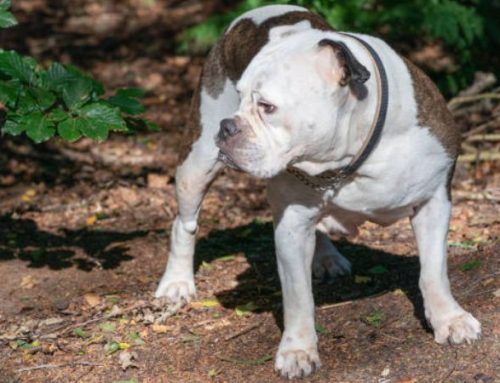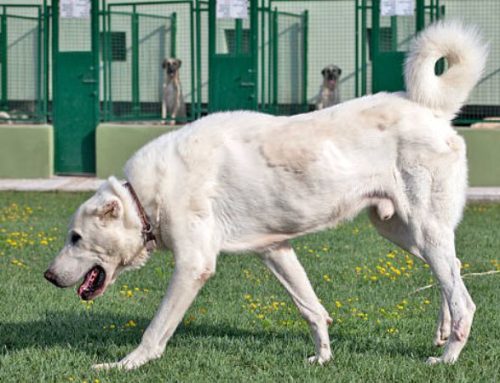Originating in Germany, where it is known as the Teckel or “badger dog,” the Dachshund was originally bred to track wounded game like deer and to dig after badgers and rabbits. While still used for hunting in some places, this long-bodied, lively breed has become a beloved companion around the world. Before bringing a Dachshund into your home, here are 10 important things you should know.
1. Dachshund Personality Traits
Dachshunds have a unique and lively personality that makes them truly special. They are energetic, curious, and surprisingly brave for their small size. These dogs love exploring their surroundings and often surprise their owners with their mischievous and determined nature.
Despite their strong-willed streak, Dachshunds are also incredibly affectionate and loyal, forming deep bonds with their families. Sometimes they can be stubborn and prefer to do things their own way, but with patience and understanding, you can build a loving and rewarding relationship with your furry friend.

2. Types and Sizes
Dachshunds come in a variety of sizes and coat types, making each one unique in its own way. There are two main size categories recognized in the U.S.: miniature and standard. Miniature Dachshunds typically weigh under 11 pounds, while standard ones are larger, often weighing between 16 and 32 pounds.
In terms of coat, there are three main types: smooth (short-haired), long-haired, and wire-haired. Each coat type requires different grooming techniques but all three are equally charming. Knowing these distinctions will help you prepare for the specific care your Dachshund will need.
3. Exercise Needs
Though small in stature, Dachshunds require moderate, consistent exercise to stay healthy and happy. Daily walks and light playtime are essential to burn off their energy and keep them physically fit. Activities that engage both their body and mind, like fetch, tug-of-war, or scent games, are perfect since Dachshunds were bred to be hunters with sharp noses and quick wits. Regular exercise not only helps maintain a healthy weight but also reduces boredom, which can otherwise lead to destructive behaviors.
4. Common Health Issues
One of the most important things to know about Dachshunds is their susceptibility to spinal problems, particularly Intervertebral Disc Disease (IVDD). Their long backs and short legs put extra strain on their spine, making them prone to injury and chronic pain. IVDD can severely impact mobility and quality of life, so prevention is key.
Avoid letting your Dachshund jump from heights or climb stairs excessively, keep their weight in check, and provide ramps or steps for easier access to furniture. At the first sign of pain or difficulty moving, seek veterinary care immediately to prevent further damage.

5. Grooming Requirements
Grooming needs vary depending on the type of coat your Dachshund has. Smooth-coated Dachshunds require minimal maintenance, just regular brushing to remove loose hair and keep their coat shiny. Long-haired Dachshunds need more frequent brushing to prevent mats and tangles, especially around their ears and tail.
Wire-haired Dachshunds benefit from occasional hand-stripping or professional grooming to maintain their distinctive coat texture. Don’t forget regular nail trims to keep their paws healthy, and dental care is crucial to prevent tooth decay and gum disease—daily brushing or dental chews can make a big difference.
6. Training Challenges
Training a Dachshund can be a bit of a challenge, especially when it comes to housebreaking. Their independent nature means they can be easily distracted and sometimes stubborn. Consistency and positive reinforcement are vital—using treats, toys, or praise as rewards encourages good behavior.
Setting a consistent routine and closely watching for signs that they need to go outside will help make potty training more successful. Remember, patience is key, and even adult Dachshunds may need refresher training from time to time.
7. Diet and Nutrition
Maintaining a healthy diet is essential to keep your Dachshund at a proper weight and prevent health issues. Because excess weight can worsen spinal problems, portion control and balanced nutrition are critical. Choose high-quality dog food formulated for small breeds, and tailor feeding amounts to your dog’s age, activity level, and metabolism. Feeding smaller, frequent meals rather than one large meal can help avoid digestive issues. Always consult your vet for personalized recommendations and consider supplements if advised to support joint and overall health.
8. Dachshunds and Families
Dachshunds make wonderful family pets when properly socialized from an early age. They tend to form strong attachments and enjoy spending time with children and other pets. However, due to their hunting instincts and sometimes strong personalities, it’s important to supervise interactions with young kids and other animals to prevent misunderstandings or accidental injuries. Regular socialization experiences—meeting new people and animals in controlled settings—help them develop confidence and good manners. Teaching children how to gently interact with dogs also fosters a safe and happy home environment.

9. Living Space Considerations
Dachshunds adapt well to various living situations, whether in apartments or houses with yards. Their small size makes them well-suited for smaller spaces, but you still need to create a safe environment. Minimize their risk of injury by providing ramps or stairs to help them get onto furniture or beds without jumping.
Use non-slip rugs or mats to protect their joints and prevent falls on slippery floors. Having a cozy, designated resting area with supportive bedding helps them relax and recuperate after active play or exercise.
10. Lifespan and Commitment
Bringing a Dachshund into your life means committing to a relationship that can last 12 to 16 years or even longer with proper care. Their relatively long lifespan means you should be prepared for the responsibilities of caring for them through all life stages—from energetic puppyhood to senior years that might require extra attention and veterinary care.
Planning for their long-term health, including regular check-ups, a balanced diet, exercise, and preventive care, will help ensure many happy years together.
If you’ve been considering bringing a dachshund into your home, you now have a better understanding of what to expect. These dogs are full of personality and can be wonderful companions, but they also come with unique needs. By preparing for their stubborn streaks, potential back issues, and lively nature, you can ensure a happy, healthy life together.






